Research
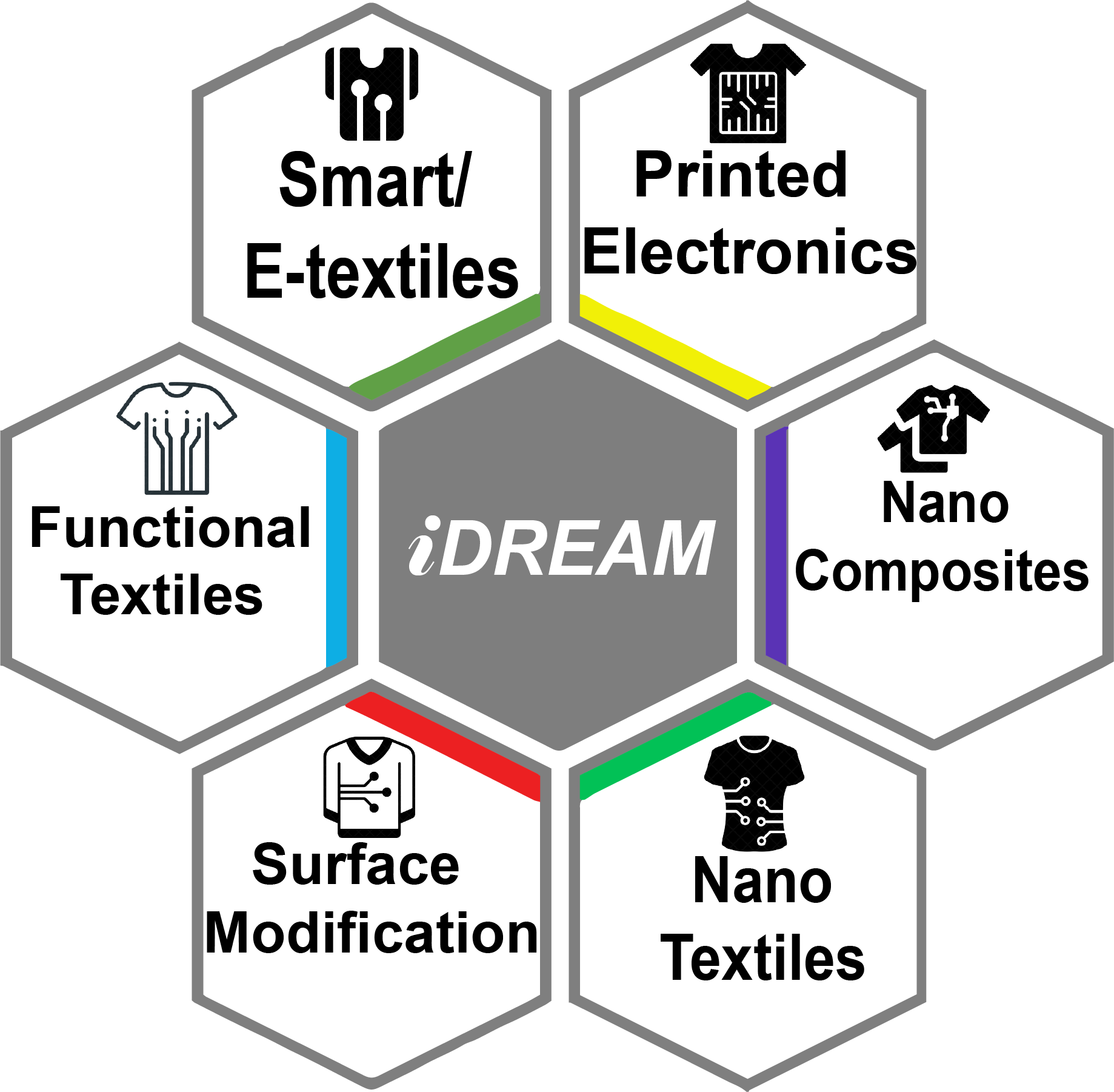
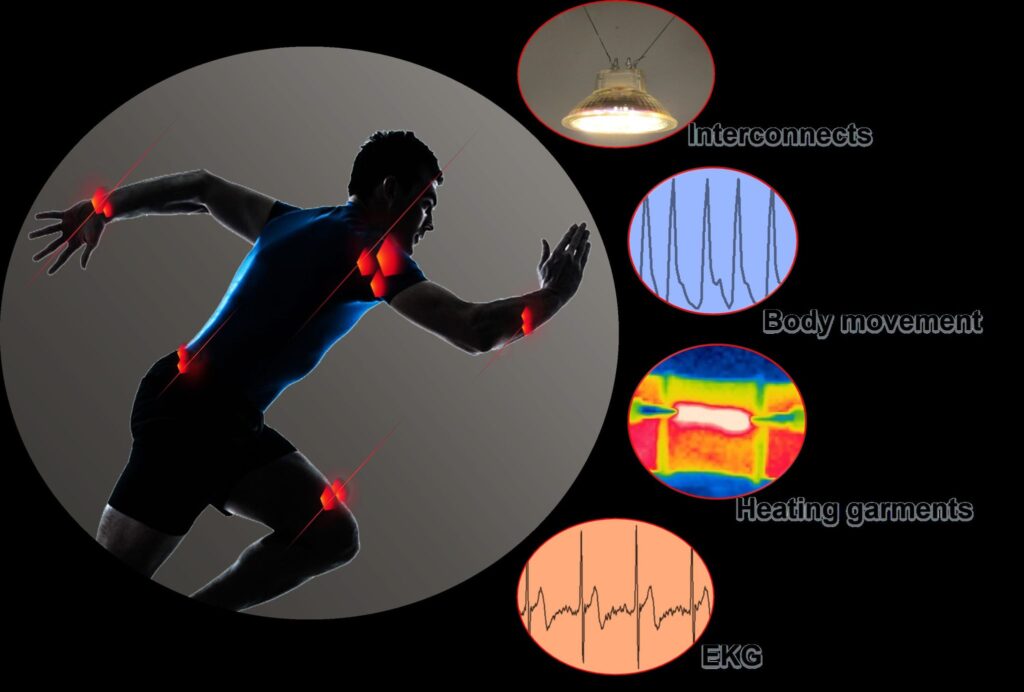
Smart/E-Textiles
- Textiles evolved over centuries and becoming more functional. With the dramatic improvement in functionality and interactions, textiles are becoming smart and intelligent. In addition to the aesthetic and beauty, smart textiles are becoming life companion by responding and adapting to the environment. Therefore, smart/e-textiles are being used for monitoring health, communications, human-machine interaction, sensing etc. We are particularly focusing on developing smart textiles for health monitoring and cold weather protection applications. In doing so, we utilize conductive thread and embroidered it into fabric to demonstrate their multifunctionality while retaining the traditional textile characteristics.
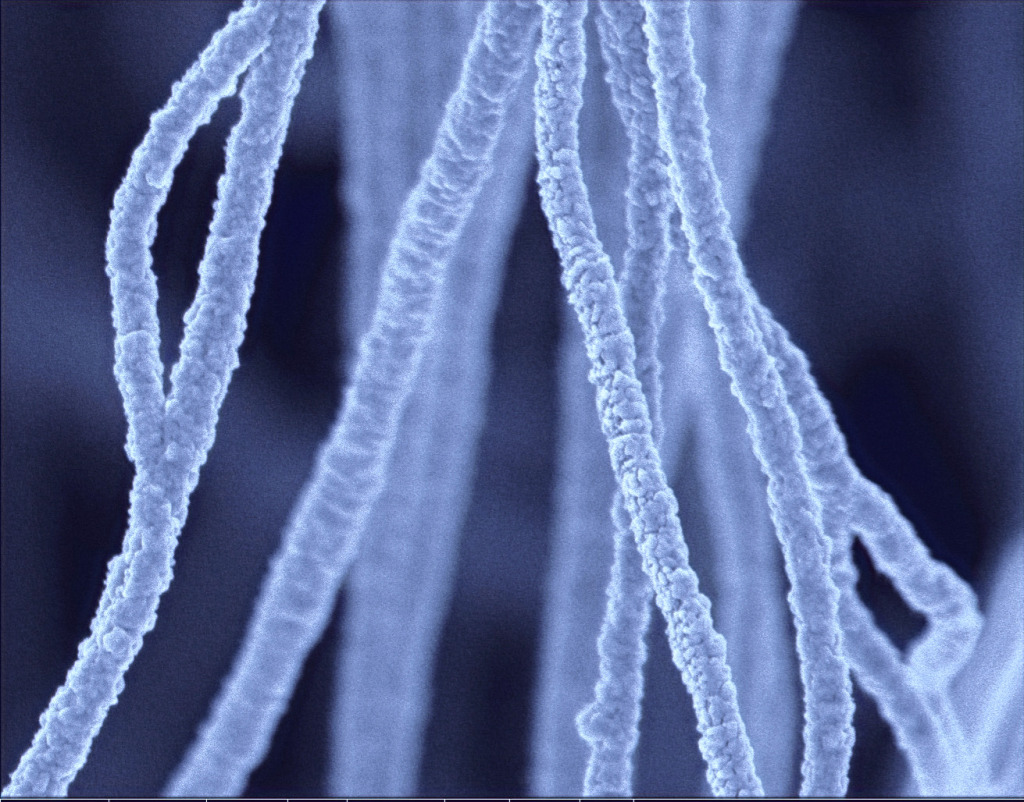
Integrating Nanotechnology into Textiles
- Historically textiles are insulators and have limited functionality. Therefore, different nanomaterials are incorporated into textiles to develop new functionalities and provided electrical conductivity. These nano-enhanced textiles augment the performance of regular textiles in many folds and find applications in numerous area. In this project, we are exploring different strategies to improve the reactivity of silver, graphene, MXene nanomaterials with the textile substrates. We emphasize coating and printing technology to fabricate large area electrodes for the detection of human body movement for sports rehabilitation and energy storage capability for self-powered wearable electronic applications.
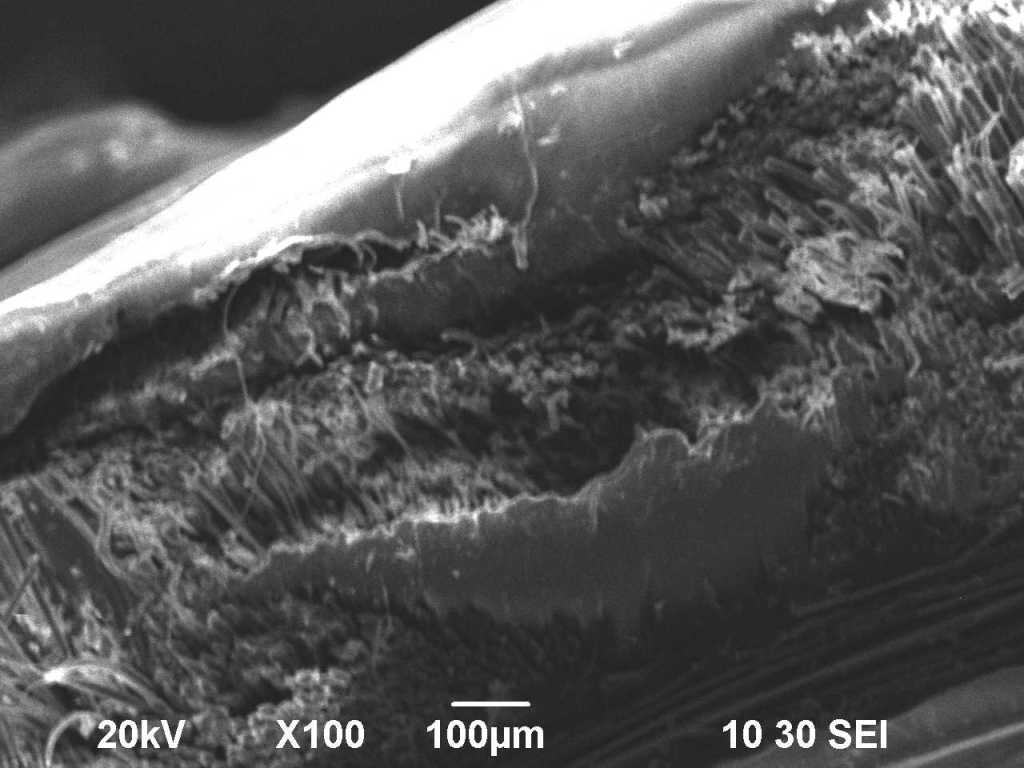
Textile Composites
- Fiber reinforced composites are advantageous for automotive and aerospace applications compared to metal or ceramic composites. Composites manufactured using fibrous materials significantly reduce the weight of parts while providing required strength. With the progress in materials, these composites materials are providing additional functionality like structural health monitoring or electromagnetic shielding. iDREAM lab aiming to develop advanced lightweight composites using nanocarbon materials for different applications.
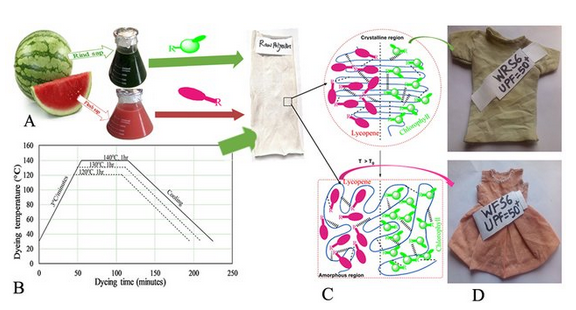
Textile Sustainability
- Textile process is known as one of the most polluting industries especially the wet chemical process are highly detrimental to the environment. We are exploring alternative colorants for sustainable textile manufacturing. Compared to synthetic chemicals, natural materials are less reactive and durable. At iDREAM lab, we are modifying textiles surface to increase the reactivity of textile surface to natural colorants using renewable materials and exploring green approach of textile processing.